March Wildlife Guide
Tips for beginning to get your garden ready for wildlife’s spring awakening
March is a month filled with sunny days and proves to be a hive of activity for wildlife! With many species now waking up, now is as good a time as ever to ensure you can help the native wildlife in your area thrive into the spring. This Wildlife Guide for March will talk you through a few tips and ideas on how you can help your local wildlife whether you live in a rural or urban area!
Table of Contents
Wild Birds
March is an exciting time for Wild Birds, with many species now busy building nests and preparing to welcome their young hatchlings! To help wild birds in your area make it through the month, here are some tips on providing them with the best care possible:
- The first thing you should do is provide plenty of wild bird food sources. March is a great time for wild birds to find natural sources of food, but if there’s still snow on the ground or the ground is too frozen for them to dig up insects and other goodies, supplemental feeders can be a huge help. Make sure to stock up on seeds, nuts, suet cakes, peanut butter-based mixes, and other favourites that wild birds tend to go wild over.
- If you plan on feeding wild birds this March, make sure to not use kitchen waste or other human foods.
- Avoid putting out too much food as this can attract unwanted predators like cats and foxes.
- Another important step in wild bird care during March is to ensure they have access to clean, fresh water. Make sure the water you’re supplying isn’t frozen and that wild birds can easily reach it—you may need to use a heated bird bath or other special solutions if your area is especially cold!
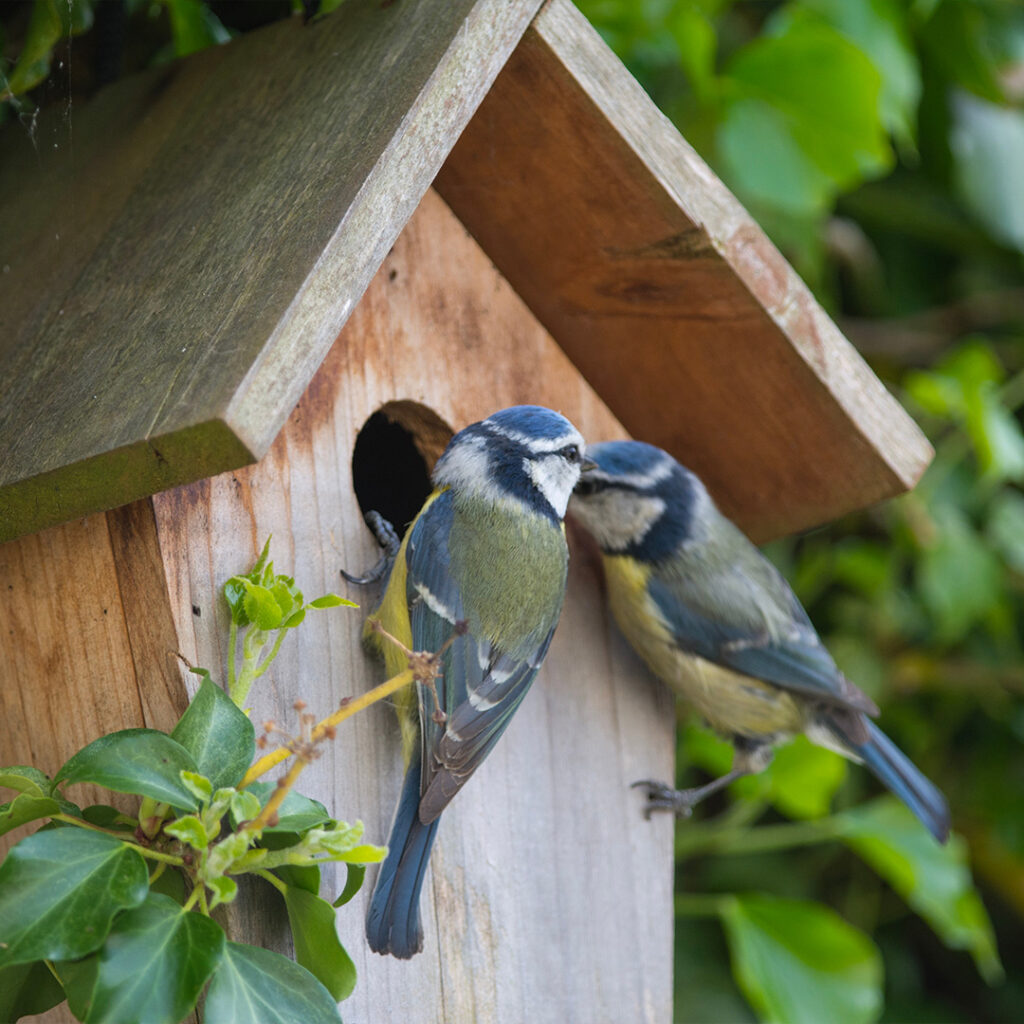
- When it comes to nesting areas, try not to disturb any nests that may be present.
- If you want to avoid having birds’ nest in areas where human activity is high or simply unwanted, it is recommended to block off access points around your home or garden where the birds could build a nest—such as cracks in walls and windowsills—so they have less incentive to build there.
- If possible, you can create makeshift roosts for them by stacking branches in sheltered areas, providing straw bales for nesting materials and insulation, or placing nesting boxes nearby.
By following this simple wild bird care guide, you can help wild birds in your area flourish throughout the month. By providing them with food sources, clean water, and shelter when needed, wild birds will be able to make it through even the coldest of March days!
Mammals
March is the perfect time of year to start thinking about caring for UK wild mammals. Whether you’re a keen conservationist or simply looking to give nature a helping hand, there are lots of ways to make sure our furry friends are well looked after in this transitional period between winter and spring.
- If you find any baby animals that have been abandoned by their parents, contact your local animal rescue centre as soon as possible so they can get the help they need.
- Make sure your garden is a safe space for wildlife, by removing any items that could be dangerous or cause an injury.
- Provide food and water sources to help mammals stay healthy and hydrated during march, such as bird feeders and water dishes.
- Put out homes for small mammals in the form of nesting boxes, which can provide them with protection from predators and harsh weather conditions.
Hedgehogs begin to emerge from hibernation during the month of march so it is important to ensure you are careful when it comes to these little spikey residents in your garden! You can follow these steps to help them through this month:
- Prepare their environment- create a safe space with easy access shelter and foraging
- Provide Food & Water – Hedgehogs love cat and dog food! From crushed dry cat biscuit to mealworms too! And be sure to place a bowl of shallow drinking water aside (& keep it fresh!) for them so they can climb out if they accidentally fall in.
- Check up on them – Make sure to check if they have gained any injuries that might need looking at, if you have any worries, you can always contact a local wildlife rescue centre.
- Make your garden friendly – limit the use of harmful chemicals in your garden and consider planting wildflowers or shrubs which help provide them with food and shelter.
- Provide them with a home – If you are able to, you can create an artificial hedgehog home using wooden pallets, these are perfect as they will provide both protection and a cosy home for them to rest.
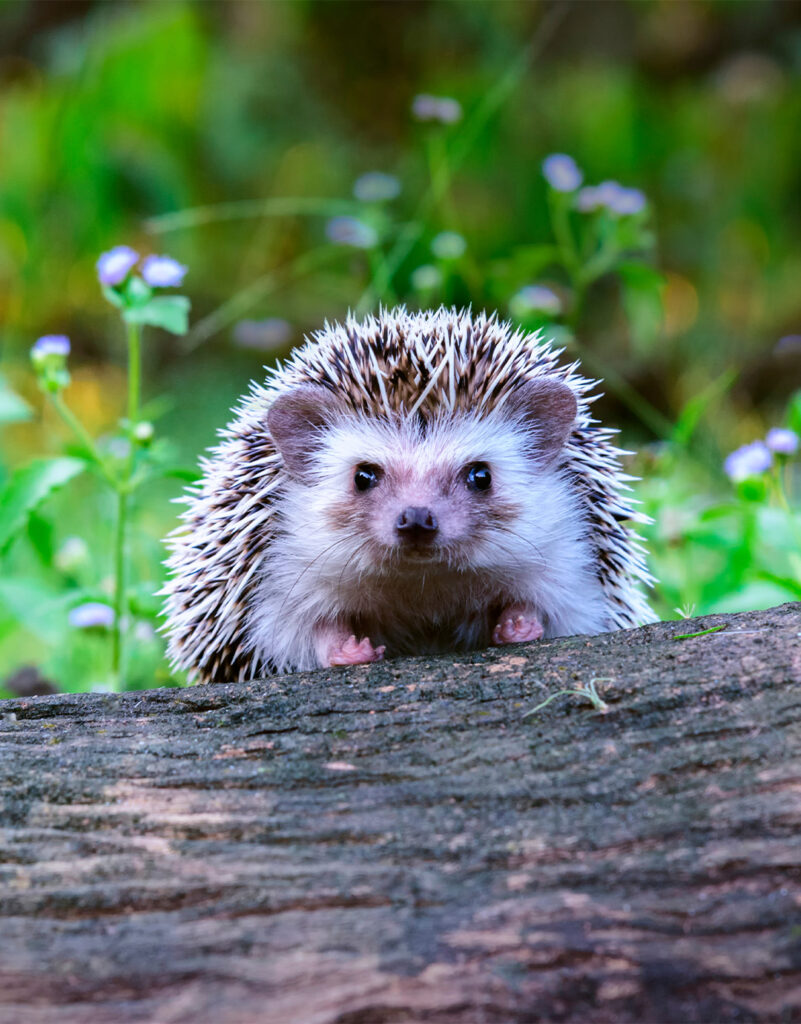
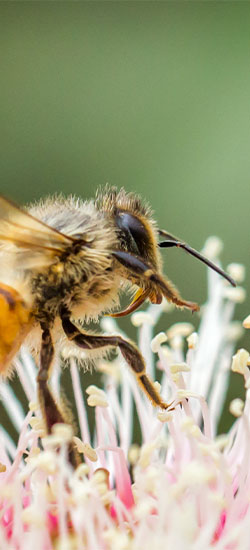
Bees
March is a great time to start caring for bees in your garden! It’s the perfect month to get involved with UK wildlife and make sure they have everything they need. This march care guide will give you all the essential tips and tricks on how to provide a home for these important creatures.
The most important thing you can do this march is create habitat for bees, either by planting bee-friendly flowers or providing native shrubs, trees, and hedgerows that provide food sources over extended periods of time. Planting wildflowers such as daisies, poppies, foxgloves and lavender are great options because they occur naturally in Britain and offer up plenty of nectar and pollen for hungry bees.
If you already have a garden, then try to create areas of bare soil or build a pile of logs and rocks that provide places for solitary bees to nest. If you’re feeling extra ambitious, think about making your own bee box! This is a great way to give an artificial home for wild bees in your area.
Finally, don’t forget about water! Bees need it just as much as us humans do, so make sure there’s plenty of fresh water around the garden for them. You can also provide sugar syrup if there are no flowers blooming yet.
Finally, remember that March Wildlife Care involves more than just feeding wild birds – it also involves being mindful of their overall environment as well! This means avoiding using pesticides or other chemicals in gardens or lawns and disposing of garbage properly so animals cannot access it.






